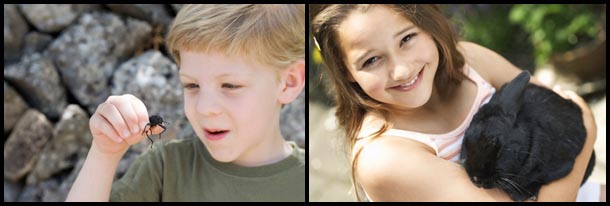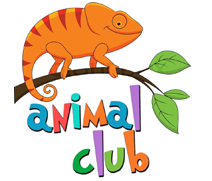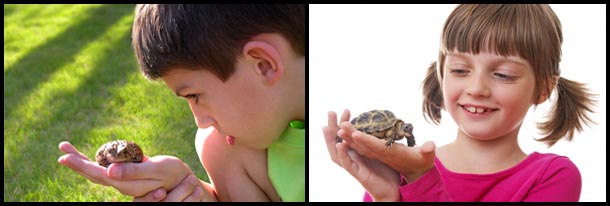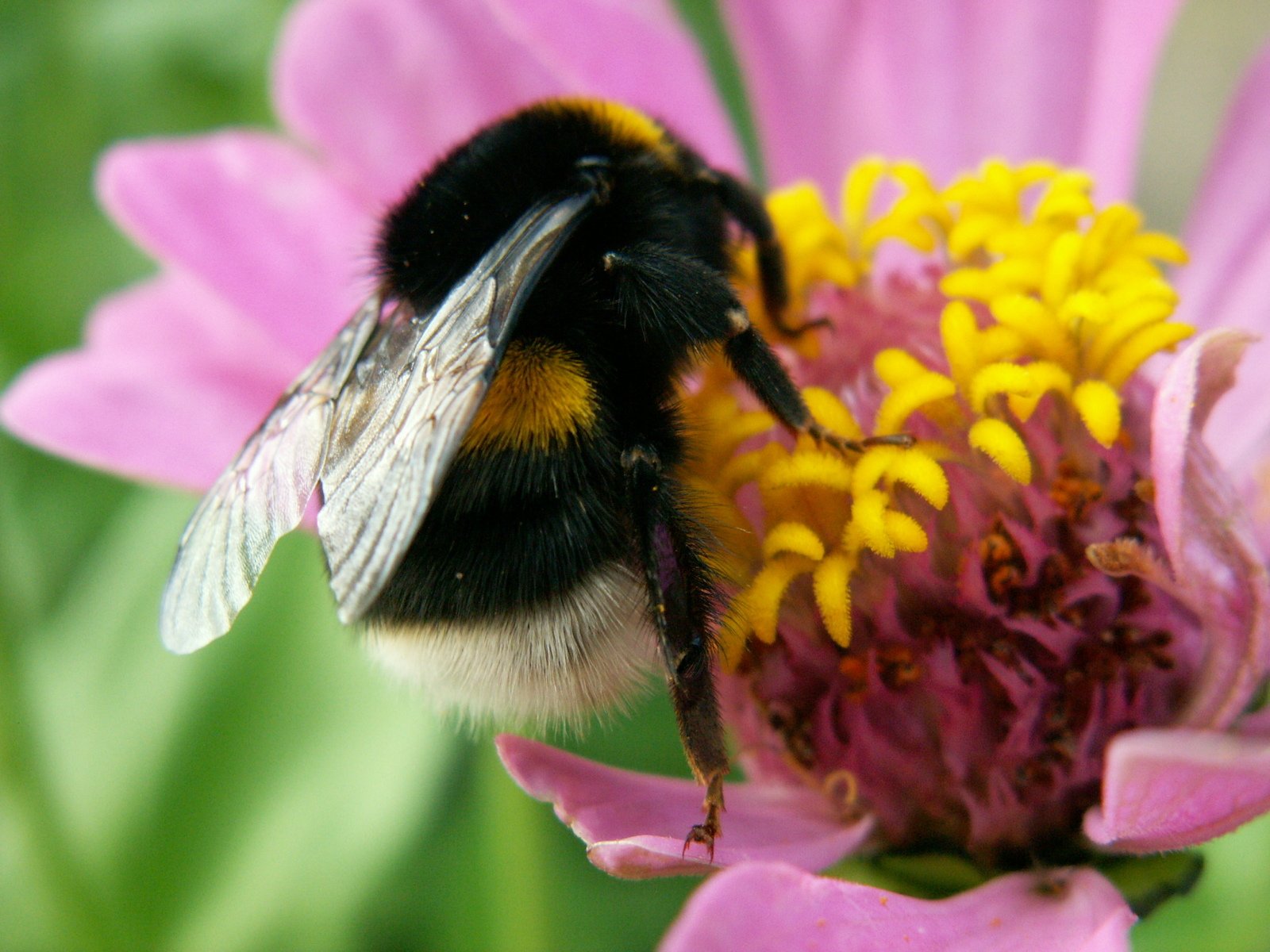Recently, you have probably heard something about saving the bees, and it’s hard not to have. People have started posting, tweeting and talking about it. But why is it so important? How do bees, tiny little insects, make a difference to our lives? Read on to find out…
Pollination
The main reason bees are important is pollination.
When a bee lands on a flower to drink nectar, little bits of pollen stick to its body. When the bee flies away to another flower, it transfers the pollen from the first flower to the next enabling the latter to produce seeds or fruits. That’s the way many plants reproduce. Since the majority of plants are pollinated by bees, without them those plants wouldn’t be able to reproduce.
You might be thinking, OK, what if some plants won’t exist any more? We would still have plenty of others, right?
So…What would the world be like without bees?
Effect on plants and animals
A smaller variety of plants would make a huge impact on animals reliant on them in their diets. Some animals would be able to adapt. But most would simply die out, and so will some animals who eat those (now extinct) animals. Therefore if we lose some of the plants, this will create problems all along the food chain and trigger the extinction of many species.
There are also animals who eat bees, such as bee-eating birds, who would lose their prey too. That will result in even more damage to the food chain and ecosystem.
Effect on humans
The decline of the bee population would make a huge difference on human diet. According to Greenpeace, bees pollinate 70 out of 100 most important food crops. Yes, a large amount of our food still comes from cereal grains, like wheat and barley, that are wind pollinated. But many fruits and vegetables, that are essential in our diet, are pollinated by bees. Potato, celery, onions, broccoli, cucumber, carrot, apple, mango, avocado and tomatoes are just a few plants that reproduce with the bee’s help. No bees to pollinate those plants will result in the loss of crops.
A balanced diet is crucial for us humans to stay healthy. With bee population in decline, our health is under a serious threat.
All around the world the bees are dying at a rapid rate because of things like aggressive farming and climate change. The decline in the bee population is a result of human activity, so it is our responsibility to make a change for the better!
Want to make a difference?
There are lots of ways to help save the bees:
- Plant bee-friendly plants in your garden.
- Let your garden grow a bit wild. Bees love to rest in the long grass.
- Do not use chemicals in your garden, they are harmful for the bees.
- Become a beekeeper! Here is how to get started.
- Help us educate people about the bees. You can spread the word through social media, take part in bee-saving campaigns or even make a small donation to the organisations like “Friends of the Earth”!
Please, please try and make a change. The bees need us!
As part of an experiment, we’ve let our garden grow wild. Two months later our overgrown garden turned into bee heaven with dozens of stripy furry creatures buzzing around!
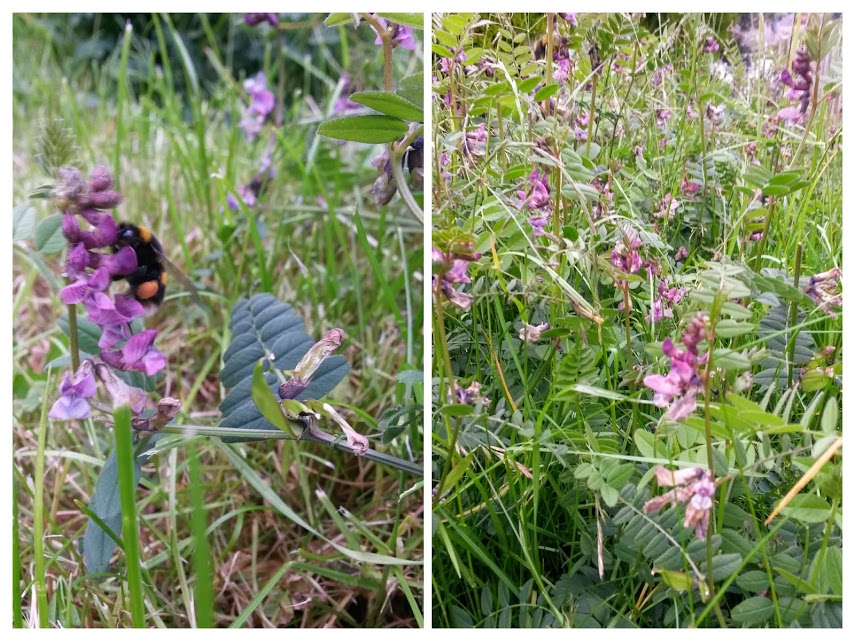
Thank you for reading!
Want to learn more?
- Email your questions and comments to our Animal Club team.
- Book Animal Club Workshop to meet our animals and learn all about different species and what makes them unique.
- Check out our other Animal blog posts!
